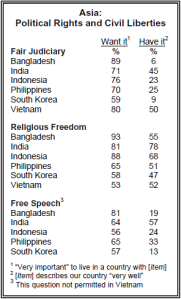
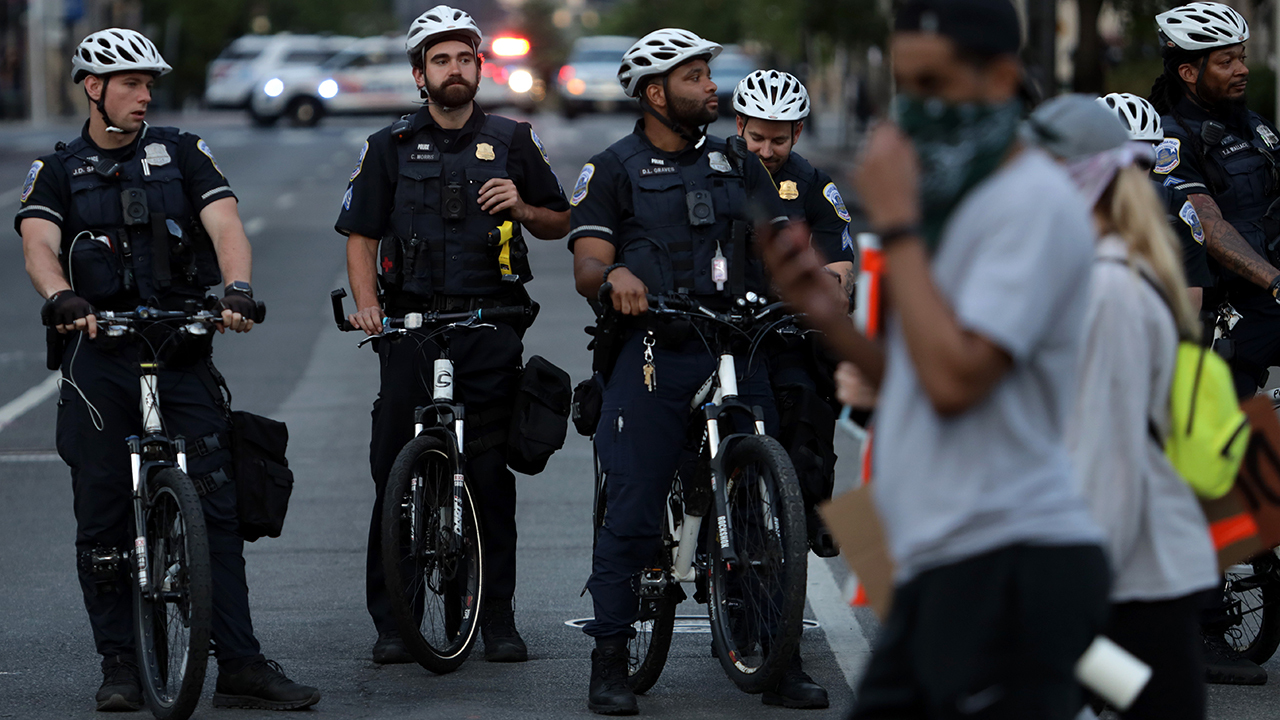
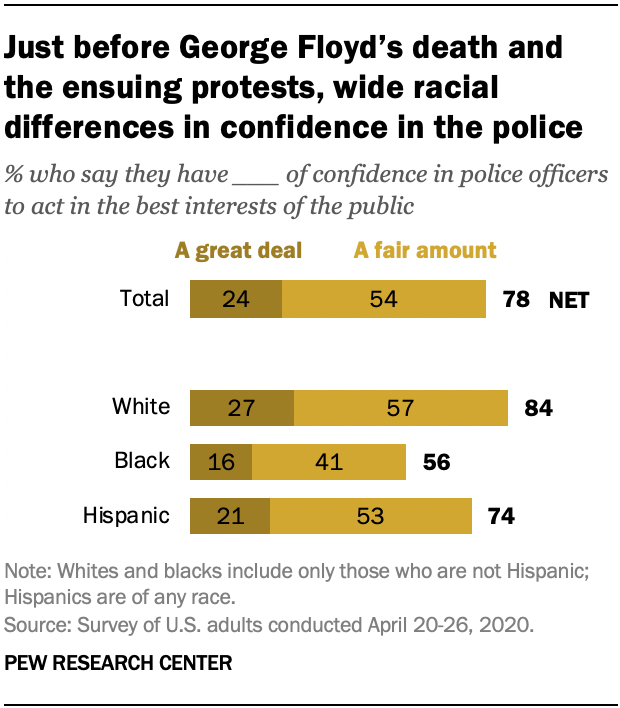
Widespread public protests across the United States and around the world have followed the death of George Floyd while in Minneapolis police custody. The protests have drawn attention to questions about police officers’ treatment of black Americans and highlight long-standing racial and ethnic differences in both experiences with police and confidence in officers to act in the public’s best interest.
How we did this
Pew Research Center regularly conducts surveys to gauge public confidence in several key institutions in society, including the police. In this analysis, we sought to provide insight into how Americans viewed police officers prior to the death of George Floyd in Minneapolis and the protests that have ensued over the past month.
We surveyed 10,139 U.S. adults in April 2020. Everyone who took part in the survey is a member of Pew Research Center’s American Trends Panel (ATP), an online survey panel that is recruited through national, random sampling of residential addresses. This way nearly all U.S. adults have a chance of selection. The survey is weighted to be representative of the U.S. adult population by gender, race, ethnicity, partisan affiliation, education and other categories. Read more about the ATP’s methodology.
Here are the questions asked in this survey, along with responses, and the methodology.
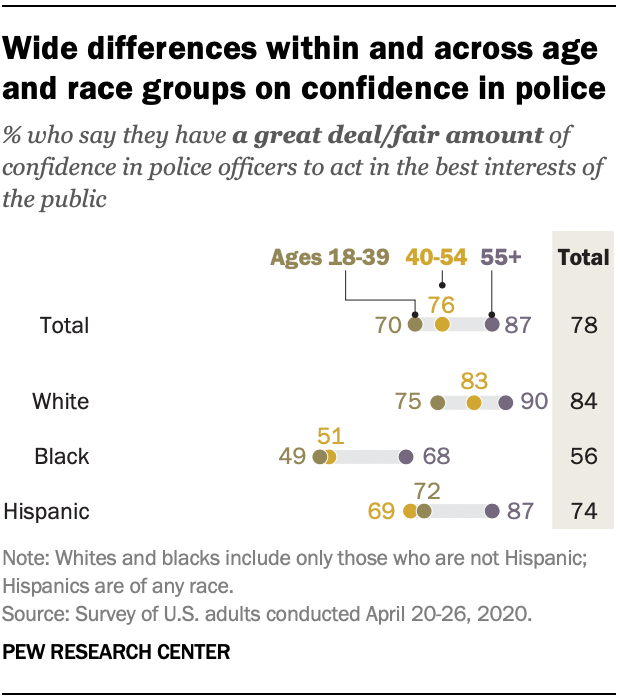
Younger black Americans were less likely than both older black Americans and younger Americans in other racial and ethnic groups to express confidence in police. Only half of black people under age 55 expressed at least a fair amount of confidence in the police to act in the best interest of the public. By comparison, 68% of black people 55 and older said this, as did two-thirds or more of younger white and Hispanic adults.
Overall, nearly nine-in-ten Republicans and Republican-leaning independents (87%) and about seven-in-ten Democrats and Democratic leaners (71%) said they had a fair amount or great deal of confidence in police officers to act in the best interests of the public. But there were wide divisions between black and white Democrats in their confidence in police officers.
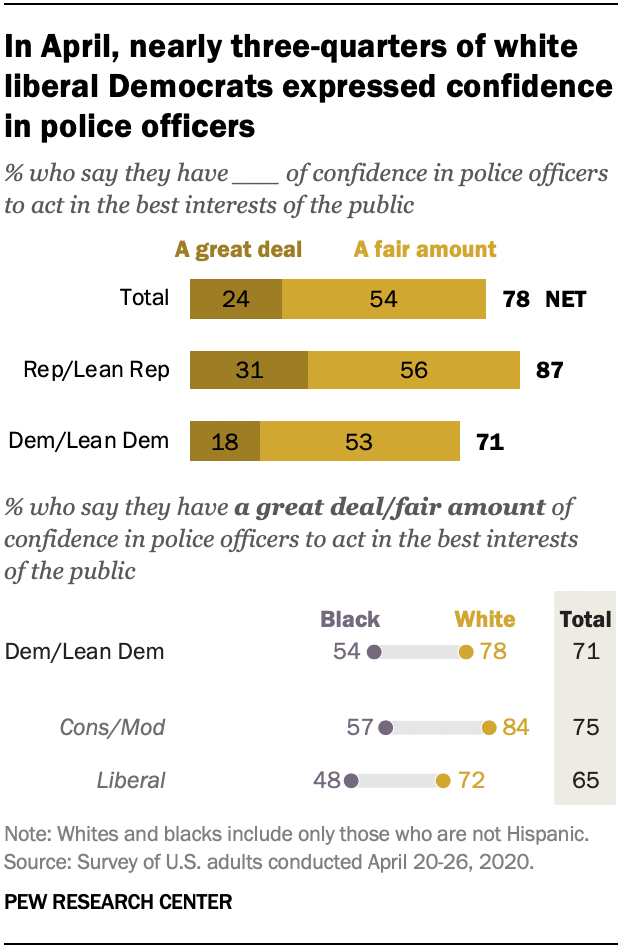
While 78% of white Democrats said they had at least a fair amount of confidence in officers to act in the public’s best interests, just 54% of black Democrats said the same.
Liberal Democrats expressed less confidence in police officers than conservatives and moderates in the party. But even within ideological groups, racial differences were evident: Nearly three-quarters of white liberal Democrats (72%) said they were at least fairly confident in police officers to act in the best interests of the public, compared with 48% of black liberal Democrats – a gap of 24 percentage points. There was a similar gap in opinion (27 points) between white and black conservative and moderate Democrats.
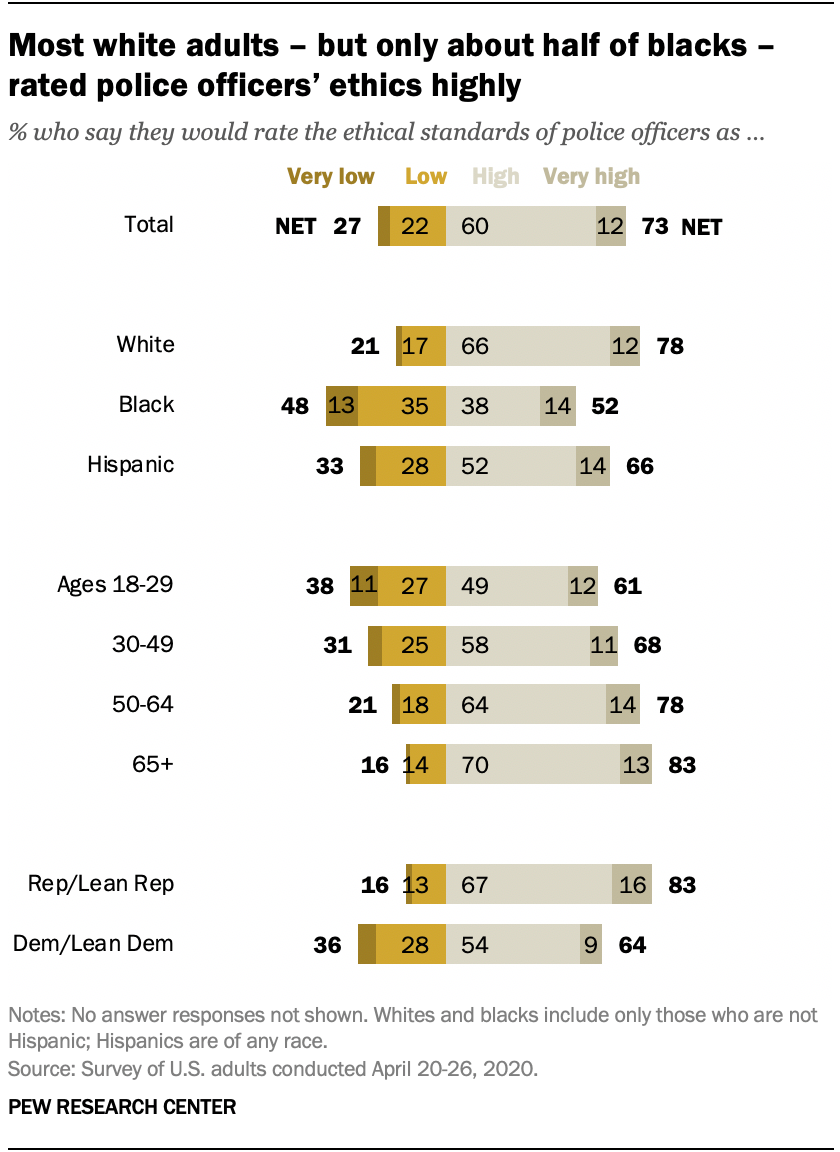
The survey also asked the public to rate the ethical standards of police officers, a question that revealed similar demographic differences. While nearly three-quarters of the public said they would rate the ethical standards of police officers highly, just 52% of black adults said the same.
Views also differed by age. Adults ages 18 to 29 gave officers the lowest marks, with about six-in-ten (61%) saying they would rate officers’ ethical standards as high or very high. Adults 65 and older were 22 percentage points more likely to rate their ethical standards as high or very high (83%).
Although majorities of Americans in both parties rated officers’ ethical standards highly, Republicans (83%) were more likely than Democrats (64%) to do so.
